At a recent summit in Brussels, Vice-chancellors and Presidents of the African Research Universities Alliance (ARUA) and The Guild of European Research-Intensive universities (The Guild) have launched 17 research clusters aiming to transform the nature of collaborative research by addressing common societal challenges. Prof. Xavier Jouven, from Université Paris Cité, in collaboration with the universities of Glasgow (UK), Jagiellonian (Poland) and Bern on the European side and The Université Cheikh Anta Diop (Senegal) and the universities of Nairobi (Kenya), Cape Town (South Africa) and Ibadan (Nigeria) on the African side, will lead the cluster in the field of public health on the theme of “non-communicable diseases and multimorbidity”.
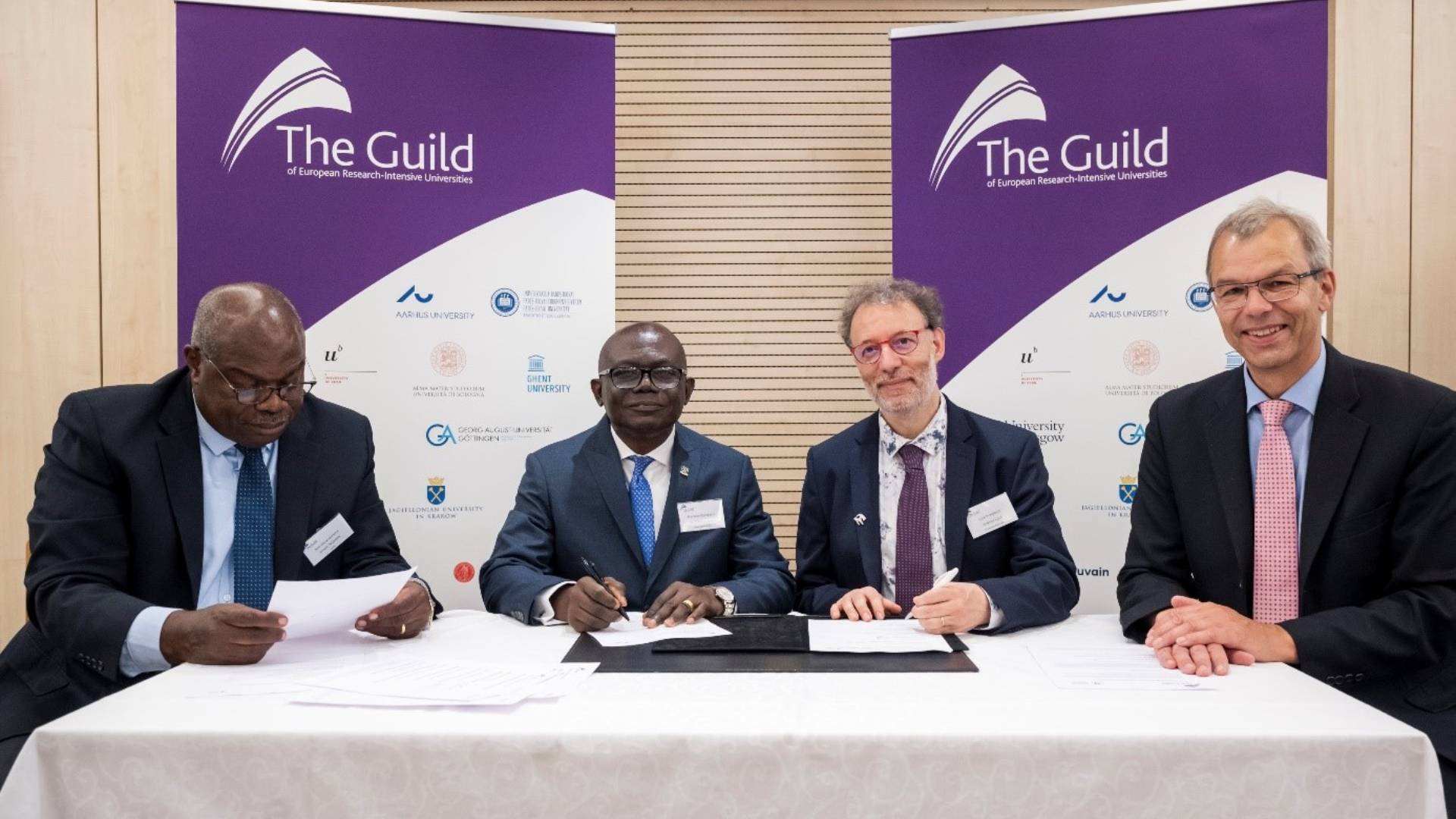
The Guild brings together: Aarhus University, (Denmark), Babeș-Bolyai University, (Roumania), The University of Bern, (Switzerland), University of Bologna, (Italy), Ghent University, (Belgium), The University of Glasgow, (Scotland), The University of Göttingen, (Germany), The University of Groningen, (The Netherlands) Jagiellonian University, (Poland), King’s College London, (United Kingdom), The University of Louvain, (Belgium), The University of Ljubljana, (Slovenia), The University of Oslo, (Norway), Université Paris Cité, (France), Pompeu Fabra University, (Spain), Radboud University, (The Netherlands), The University of Tartu, (Estonia), The University of Tübingen, (Germany), Uppsala University, (Sweden) The University of Vienna, (Austria), and The University of Warwick, (United Kingdom)
© The Guild
Fostering equitable research partnerships between Africa and Europe
The launch comes in the wake of a high-level meeting held in Cape Town last November, where Christine Clerici, representing Université Paris Cité, the only French member of the Guild, attended. European and African university leaders agreed on the need to get researchers on board by inviting them to identify together, on both continents, the main global challenges facing them in the domains of Public Health, Green Transition, Innovation & technology, and Capacities for Science.
The Africa-Europe Clusters of Research Excellence (CoRE) aim to strengthen the institutional capacities of universities and research organisations across Africa and Europe. They bring together researchers from universities and research institutes on both continents, from ARUA, The Guild and beyond the two networks. Thus, Prof. Jouven will bring to the collaboration his own African network on non-commuicable diseases, the African Research Network. Over the past six months, each Cluster was developed through bottom-up conversations, as researchers identified and formulated interdisciplinary visions in response to the pressing needs of our societies.
The clusters are formed in the context of a clear and unequivocal support in the R&I sector in Europe and Africa. Their goals are to conduct collaborative research equitably and sustainably, develop a more integrated approach that focuses on excellence and commit to capacity-building in high-level research infrastructures open to all who require it.
The Africa-Europe CoRE will thus develop new research paradigms and transform joint capacities to overcome major health challenges, address climate change, strengthen our technological transformations, and sustain our societies facing conflict and change. They will help ensure that a common research agenda is at the heart of the African Union’s Africa 2063 Strategy which envisages Africa’s transformation to a knowledge society.
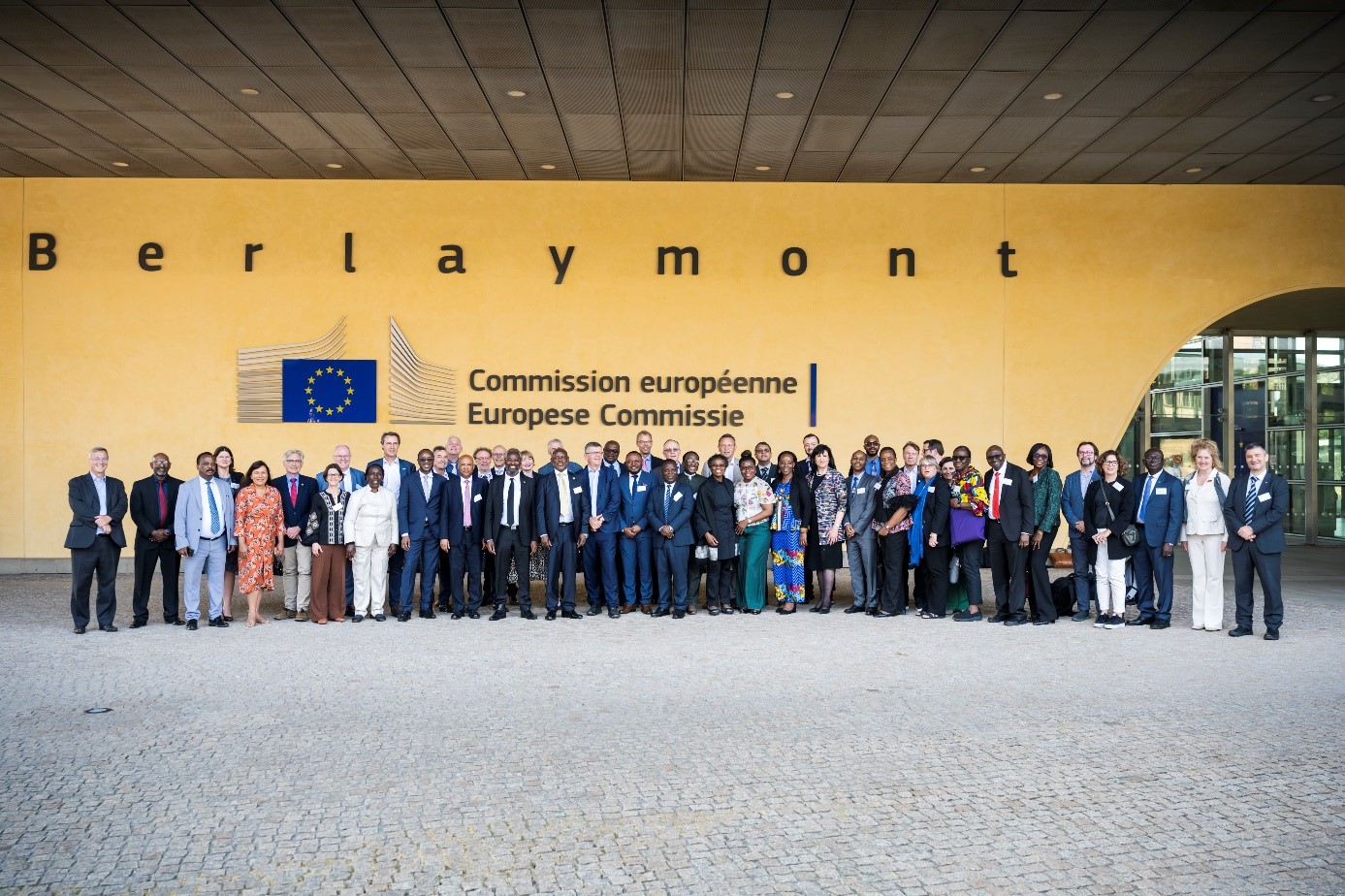
Research Excellence Cluster : Non-communicable diseases and multi-morbidity
Led by Professor Xavier Jouven for Université Paris Cité, this cluster aims to respond to the growing challenge of non-communicable diseases (NCDs) and their co-morbidities in Africa. Its main missions are to :
- Develop innovative, context-specific solutions for the study, prevention and management of NCDs and their co-morbidities in low-income countries
- Focus on building research capacity, conducting cutting-edge research and promoting knowledge translation and dissemination, as well as mobility and exchanges
- Implement a multidisciplinary, collaborative and participatory approach, emphasizing equitable partnerships and community involvement
- Improve the health and well-being of populations in Africa by reducing the number of non-communicable diseases and co-morbidities throughout the lifespan
- Contribute to the achievement of the Sustainable Development Goals (SDGs)
We thank the Guild and ARUA for bringing us to the starting point of an unprecedented large-scale cooperation. Université Paris Cité is proud to contribute to this innovative initiative for an equitable and transforming cooperation between European and African universities, by leading a CoRE on NCDs, says Antoine Cazé, Vice President International Relations at Université Paris Cité.
Read more on The Guild
Read more
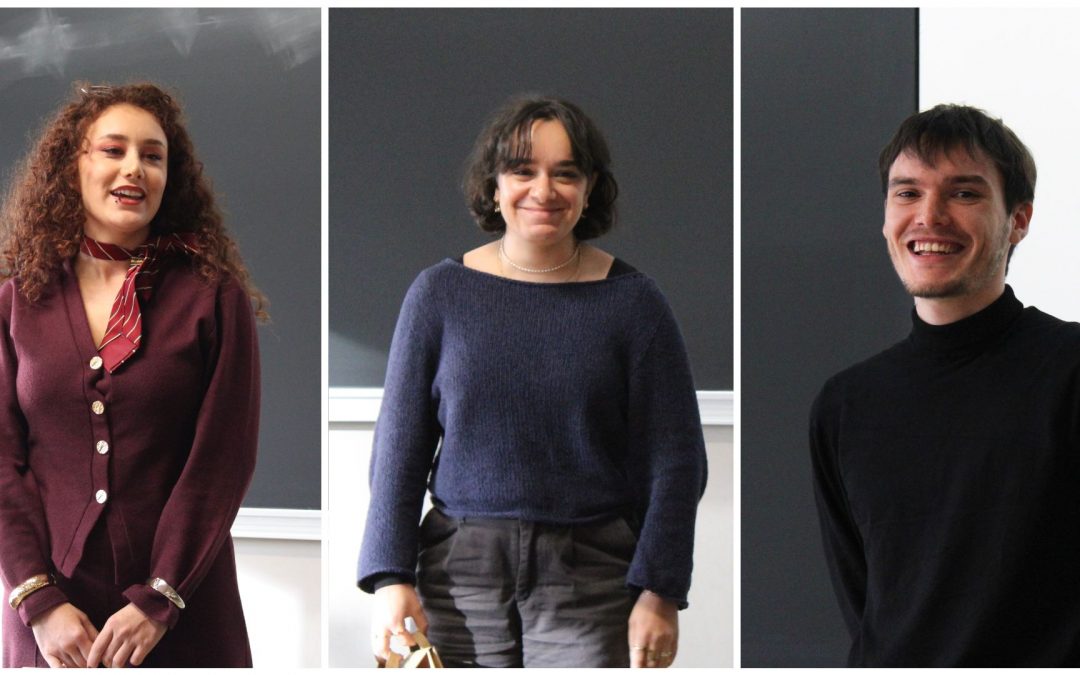
Graduate School Sustainability, Organisations and Institutions Best Thesis Awards: Celebrating Scientific Excellence in Sustainability
The Graduate School Sustainability, Organisations and Institutions held its traditional awards ceremony for the Best Theses of its students. This distinction highlights the scientific excellence of research devoted to sustainable development and sustainability. Meet...
read more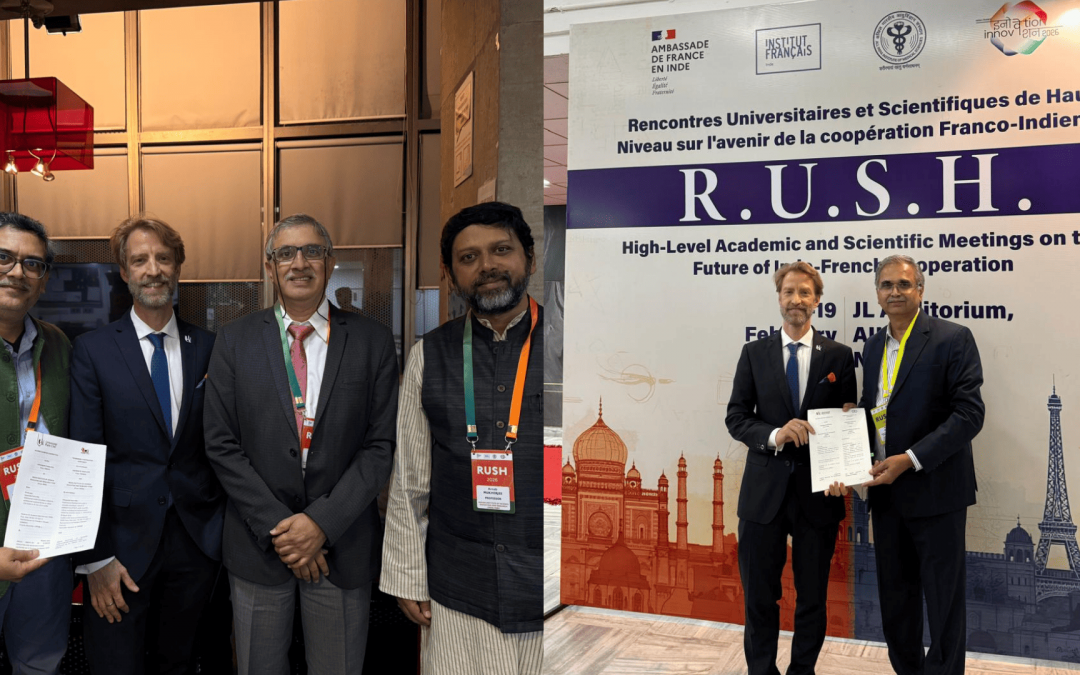
The Indian Institute of Science Education and Research in Pune and the Indian Institute of Technology in Bombay: UPCité’s first partners in India.
Antoine Kouchner, Vice-President of Strategy and International Relations at Université Paris Cité, travelled to India for the official visit of the President, Emmanuel Macron, to the High-Level Scientific and Academic Meetings (RUSH). In this context, UPCité...
read more
International Day of Women and Girls in Science: celebrating the women who push research forward
February 11 was the International Day of Women and Girls in Science. On this day, Université Paris Cité reaffirms its commitment to the equality between men and women and celebrates the journey of the women who advance research. Between celebrating our heritage and...
read more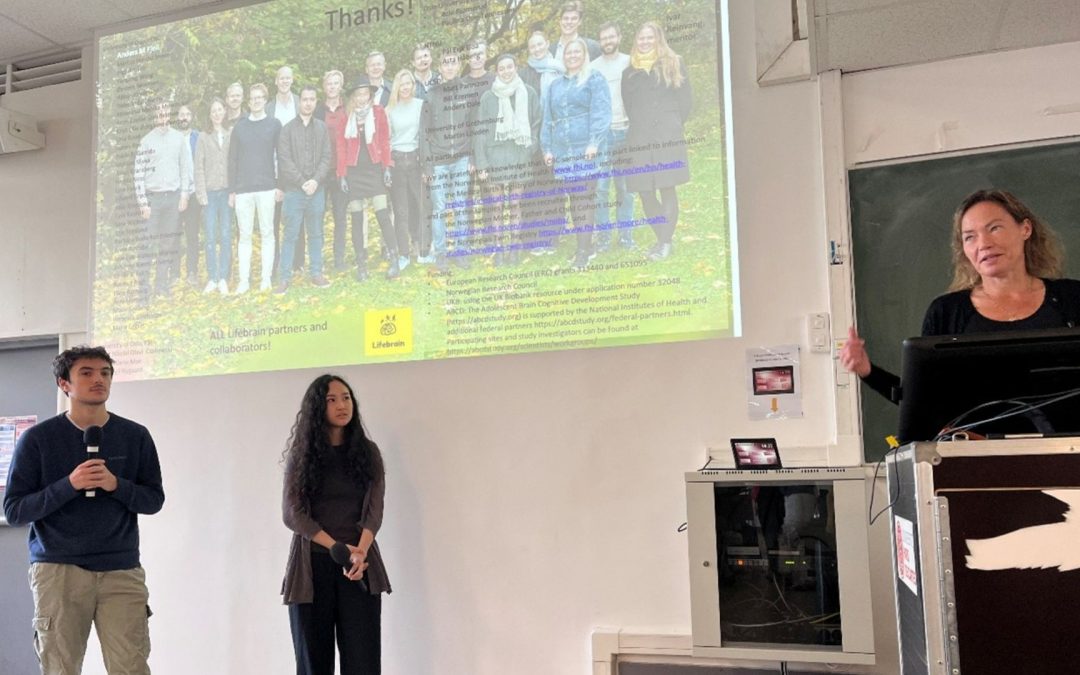
INC Day 2025: an international scientific day dedicated to neuroscience
The Neuroscience and Cognition Institute of Université Paris Cité (INC) organized a new edition of the INC Day, focused on neurodevelopmental trajectories. A key partner of the event, the Graduate School Neuroscience invited its first year and second year master...
read more